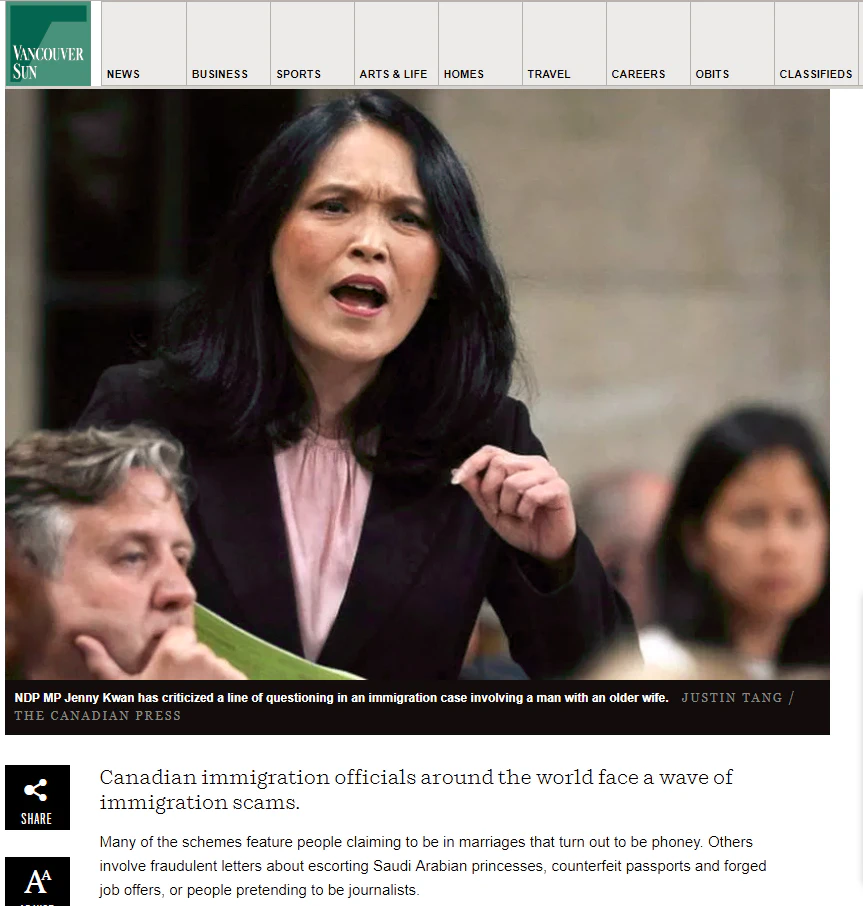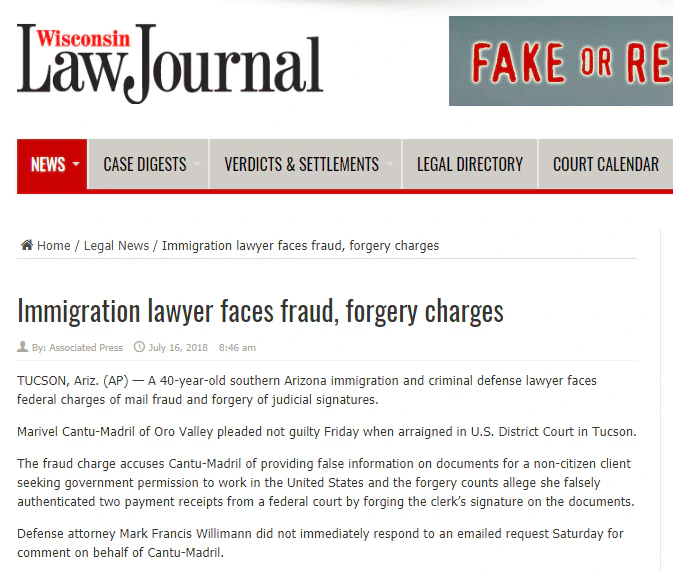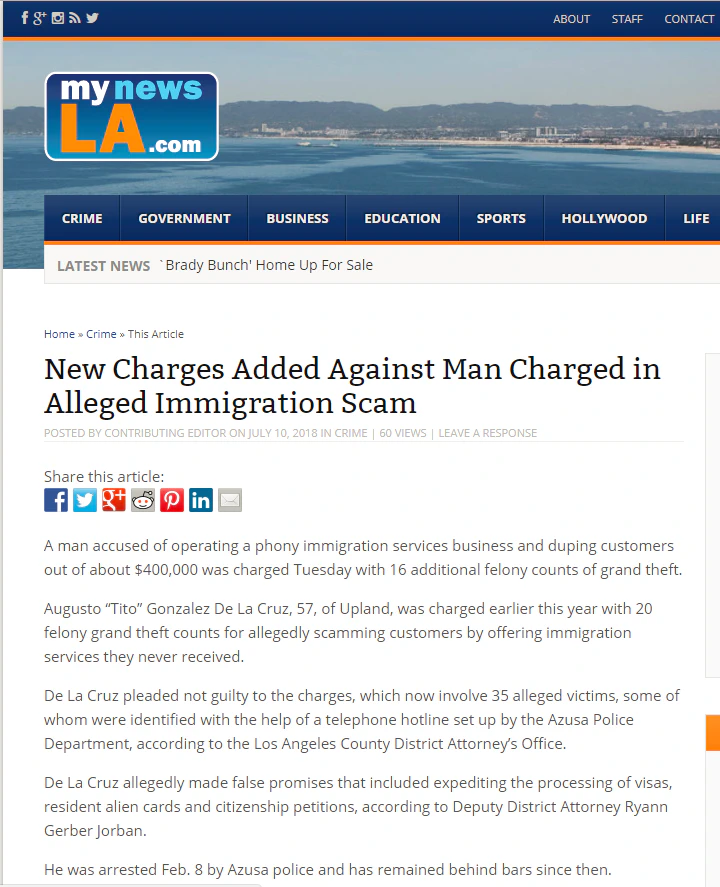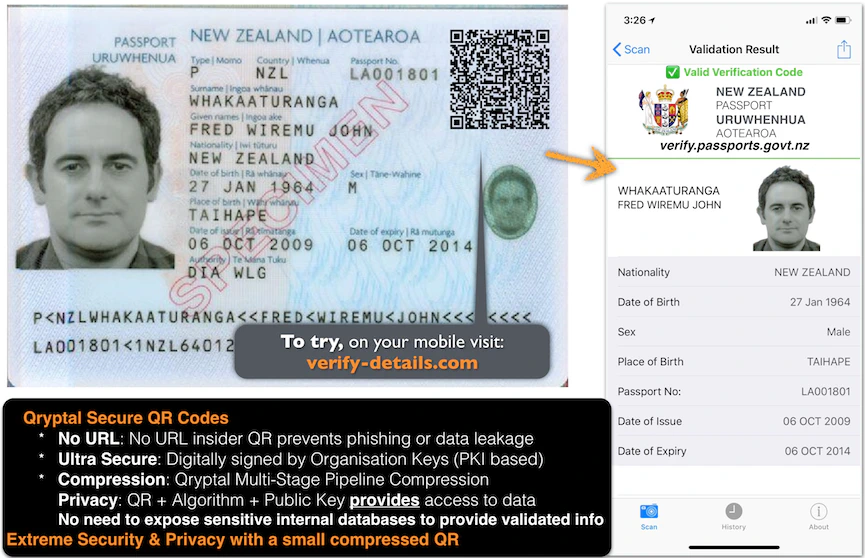How Governments Can Avoid Immigration Scams Involving Fake Documents
- Rahul Sinha
- Jul 20, 2018
- 3 min read
Deal with fake identities and document forging for immigration
Faking identities and forging documents isn’t something that we see only in Hollywood movies and television series. In fact, it happens in real life all the time. One such example - immigration departments in countries all over the world often have to deal with cases where individuals try to falsify documents in order to gain entry and start a living in that specific country for one reason or another. Sometimes these reasons are genuine - better job prospects, fleeing persecution or poverty in their country of origin. And, in worst case scenarios, it could be for reasons as dangerous as terrorism. Yes, these are regular occurrences and almost all the countries around the world have to face such cases.
A recent instance of using fake documents for immigration was reported by Vancouversun where Canadian immigration officials were at the receiving end. According to investigation reports, most of the offenders are part of phoney marriages. There are others who present fraudulent letters about escorting Saudi princesses, fake job offers and forged passports. Some also pretend to be journalists.

Efforts have been made at different levels to address such matters and this includes inviting European anti-fraud experts to learn more about different types of inventive scams people use nowadays for emigrating to Canada as well as other Western countries.
Well, such instances of forgery and immigration scams are quite widespread. In another case, an immigration and criminal defense lawyer from southern Arizona was reported to be facing charges of forging judicial signatures and mail fraud. The accused, was believed to have provided fake information on the documents for her non-citizen client looking for government consent to work in the US. According to the forgery counts, she was alleged to have falsely authenticated a couple of payment receipts by forging the signature of the clerk on those documents.

https://wislawjournal.com/2018/07/16/immigration-lawyer-faces-fraud-forgery-charges/
In fact, the immigration frauds are not just limited to sporadic incidents of forging one or two documents. There was a case which involved a man alleged to be operating a phony immigration business providing a range of services and duping his customers of almost $400,000. He was charged with additional felony grand theft counts as well.

These cases of immigration frauds are quite common and, especially, the ones involving forged documents are quite serious in nature, hence something needs to be done to tackle this problem easily and at source. An effective solution could be the use of Qryptal’s secure QR code technology. This involves securing critical information in a tamper proof QR code and then affixing it on the relevant documents for easy authentication. This can help avoid most of the documentation scams faced by the immigration authorities. Using Qryptal’s QR codes makes the documents instantly verifiable with the help of a simple scan using the dedicated document validator App on a regular smartphone. In fact Qryptal’s technology also allows for batch processing to verify a large number of documents in an automated manner. Further, the technology is already in use and is cost effective and easy to deploy avoiding the need for any significant changes in the current document production system. This certainly makes it more efficient and a practical solution for immigration officials to curtail such unauthorised and illegal activities.

Sooner or later, such technology has to be incorporated in the processing of documents at immigration departments and visa processing centres as it appears to be a reasonably viable solution for getting rid of document fraud.